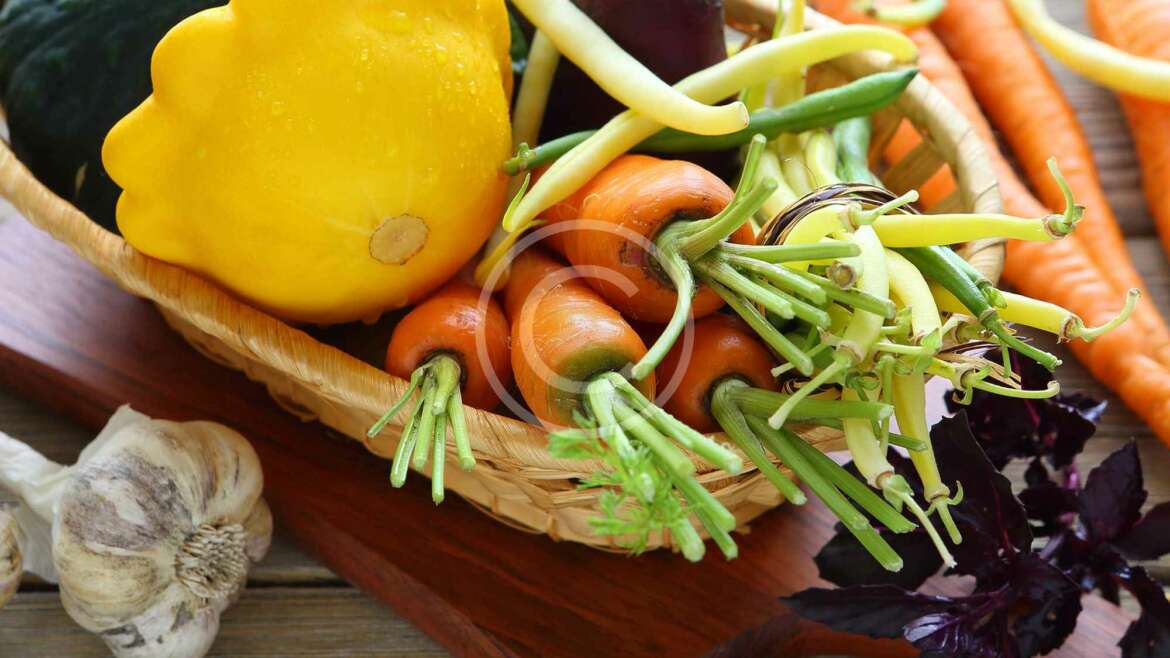Organic vegetables are farmed using methods that emphasize environmental sustainability and soil health. Farmers employ crop rotation, green manures, and composting to maintain soil fertility and structure. Instead of relying on synthetic pesticides and fertilizers, organic farmers use natural alternatives such as biological pest control and organic fertilizers to nurture their crops. This approach not only ensures the health of the soil but also produces vegetables that are free from harmful chemicals, making them a safer product for consumers.
The benefits of consuming organic vegetables extend beyond personal health. These products are often fresher, as they are typically sold locally and have not undergone long-distance transportation. Furthermore, organic farming practices promote biodiversity by maintaining a balanced ecosystem, which supports various plant and animal species. Additionally, choosing organic products contributes to the reduction of pollution and conserves water resources, as these farming methods avoid the use of harmful chemicals that can contaminate water supplies. Hence, opting for organic vegetables is not only a healthy choice but also a step towards sustainable agriculture and environmental conservation.

